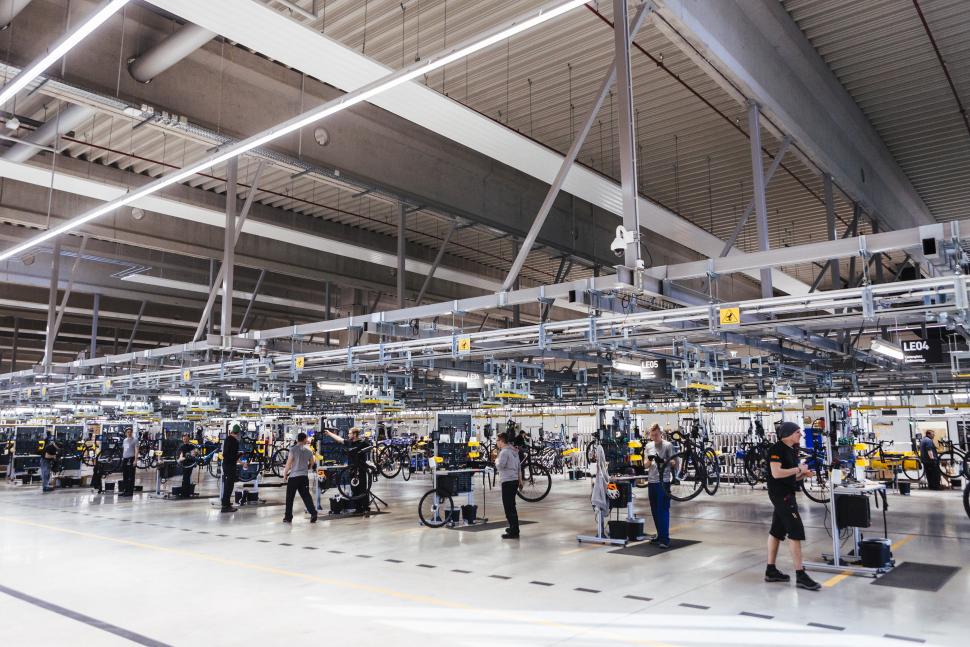An ebike tax credit may be a good idea... For when the bike shortage ends, which experts say won't be until 2023. Until then, an ebike shortage is like trying to make Sotheby's more affordable by giving all the auction bidders more money - it's just going to let prices go up, or at best, supply sell out infinitesimally quicker.
This may not apply to ebike kits if they don't rely on the same constrained supply chain as complete bikes. Subsidizing only a subset of people, like the poor, might also be less problematic, but a 15% subsidy is hardly going to move the needle.
A repair subsidy for all bikes ($50-100 annually) would generate far more American jobs and physical activity, and far less material waste per dollar of subsidy - plus it would be open to everyone who already owns a bike they like, and would subject less pressure on the bike supply chain overall.
Moreover, it doesn't really make sense to subsidize ebikes to boost their use in transport when... Ebikes are already vastly cheaper than driving or even public transit. Making public transit free, by the same token, has
largely failed to lure drivers. The poor aside, people are not avoiding using ebikes for transport for reasons of cost, so subsidizing them is a non-solution to the real problems (lack of safe routes and low proximity to destinations). What you get is people buying them as leisure toys.
What we have is a bill calculated to line industry's pockets, and less so one to efficiently boost cycling, physical activity, and sustainability.
Factory closures and shipping problems sparked by COVID-19 are still hitting industry hard (to say nothing of the B-word in the UK)

road.cc


